Hogwarts Legacy 2 is more or less guaranteed, considering the wild success of the first game, rampant demand for more Harry Potter media, and the vast potential of the IP’s world. But what is far less clear is just how this theoretical sequel will follow the story and framework of Hogwarts Legacy, as while it has many strengths that a follow-up could build upon, it also has weaknesses that ought to be ironed out.
Perhaps the most central question that would need to be answered with respect to a Hogwarts Legacy sequel is a practical one. The first game ends rather definitively as, while there are a few loose ends here and there, the main conflict of the narrative is wrapped up nicely. Plus, with the protagonist already being a fifth-year student, there isn’t a whole lot of room for continued narrative growth, lest the sequel go beyond Hogwarts. That’s certainly a possibility, but some players have suggested a markedly different route: letting players experience all seven years of Hogwarts, starting as a first year. Not only would this be more akin to the Harry Potter books and films, but it would also be a unique and valuable use of the gaming medium, which doesn’t need to worry about issues like the ages of various actors.
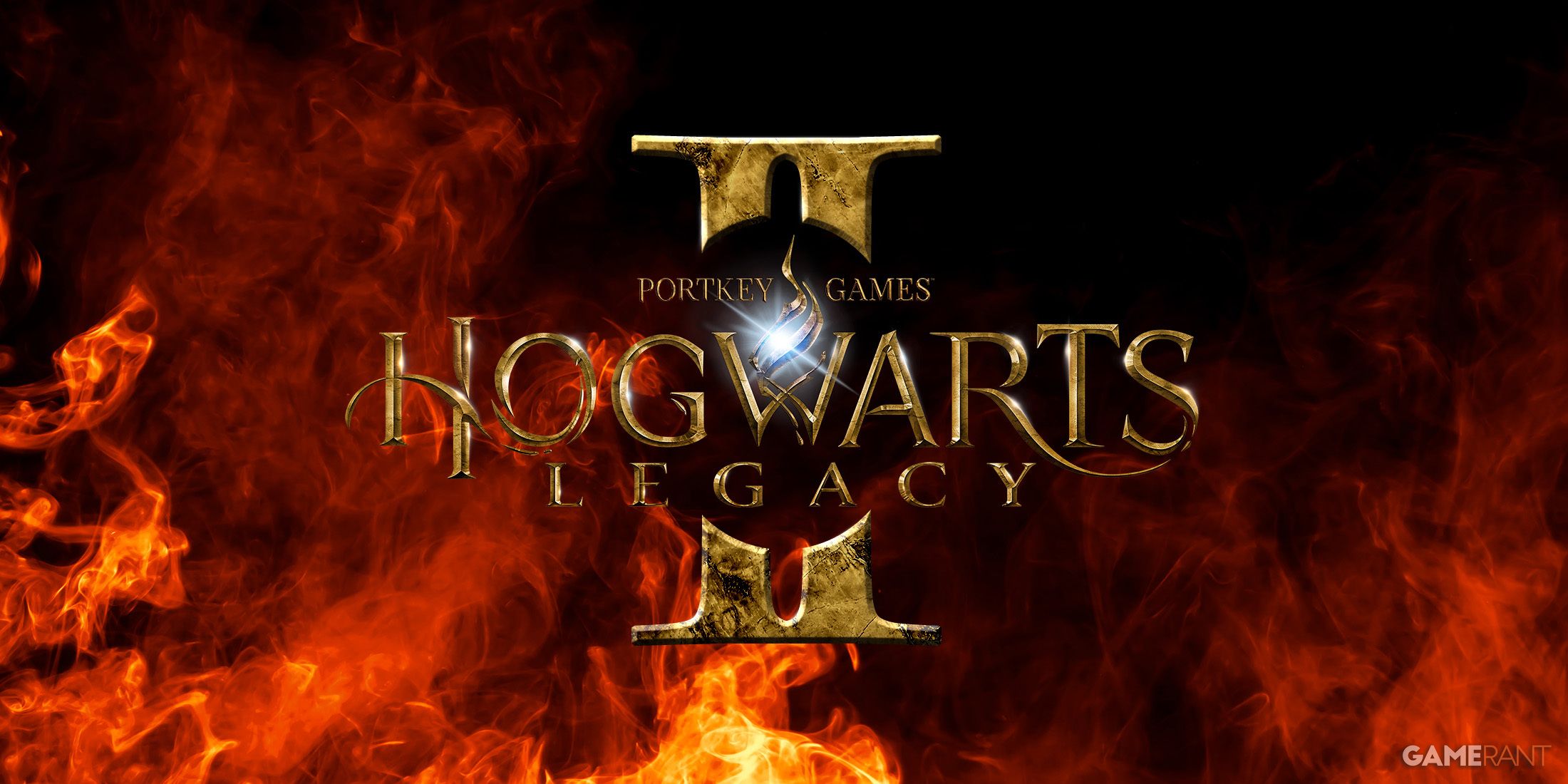
Related
Hogwarts Legacy 2 Could Set the World on Fire With a Magical New Feature
While there are a ton of directions Avalanche could take Hogwarts Legacy 2, there is one feature that could really set it apart from the crowd.
Hogwarts Legacy 2 Would Need a Drastically Different Tone If Players Fill the Role of a First-Year
A First-Year Hogwarts Student Demands a Different Narrative
Although it would only be a difference of four or five years, thrusting players into the role of a first-year student would mean presenting a radically different narrative and gameplay experience. For instance, having full access to the sprawling open-world surrounding Hogwarts wouldn’t really make sense for an eleven- or twelve-year-old protagonist, as they would likely be under closer supervision. By that same token, unless there were a threat akin to Harry Potter‘s Lord Voldemort, it seems unlikely that someone so young would be exposed to any sort of major danger, thus limiting this potential game’s opportunities for combat encounters, at least in the early years.
Instead, a game starring an eleven-, twelve-, or even thirteen-year-old hero would need to shift down a few gears, focusing more on the slice-of-life aspects of Hogwarts rather than the high-adventure exploration and life-or-death stakes of the broader Wizarding World. Several features of Hogwarts Legacy, including the controversial implementation of the Unforgivable Curses, would need to be essentially removed from the game, as it would be incredibly jarring and immersion-breaking for a youngster to place killing curses on NPCs. Even more so than in the actual Hogwarts Legacy, that is.
The Limitations of a Younger Protagonist Could Actually Help Hogwarts Legacy 2
Shortcomings of the first game, like the aforementioned ludonarrative dissonance that accompanies the inclusion of the Unforgivable Curses, will hopefully be remedied, at least to some degree, in the sequel. Other areas for improvement, like Hogwarts Legacy‘s questionable lack of school life despite being positioned as a “Hogwarts simulator” of sorts, will also, ideally, be responded to in the next game.
Through a younger protagonist, Avalanche Software could address these problems. Deeper RPG mechanics, specifically as they pertain to player-NPC relationships, would be greatly benefited by starting the next Hogwarts Legacy as a younger protagonist, as they could develop bonds with characters during their formative years. Deprioritizing combat in these early school years would also allow for a greater focus on narrative over action, providing the perfect excuse for intimate, detailed character work, which the first game is sorely lacking. In essence, such an approach, though potentially tricky, could help the Hogwarts Legacy franchise reach its full, unique potential.
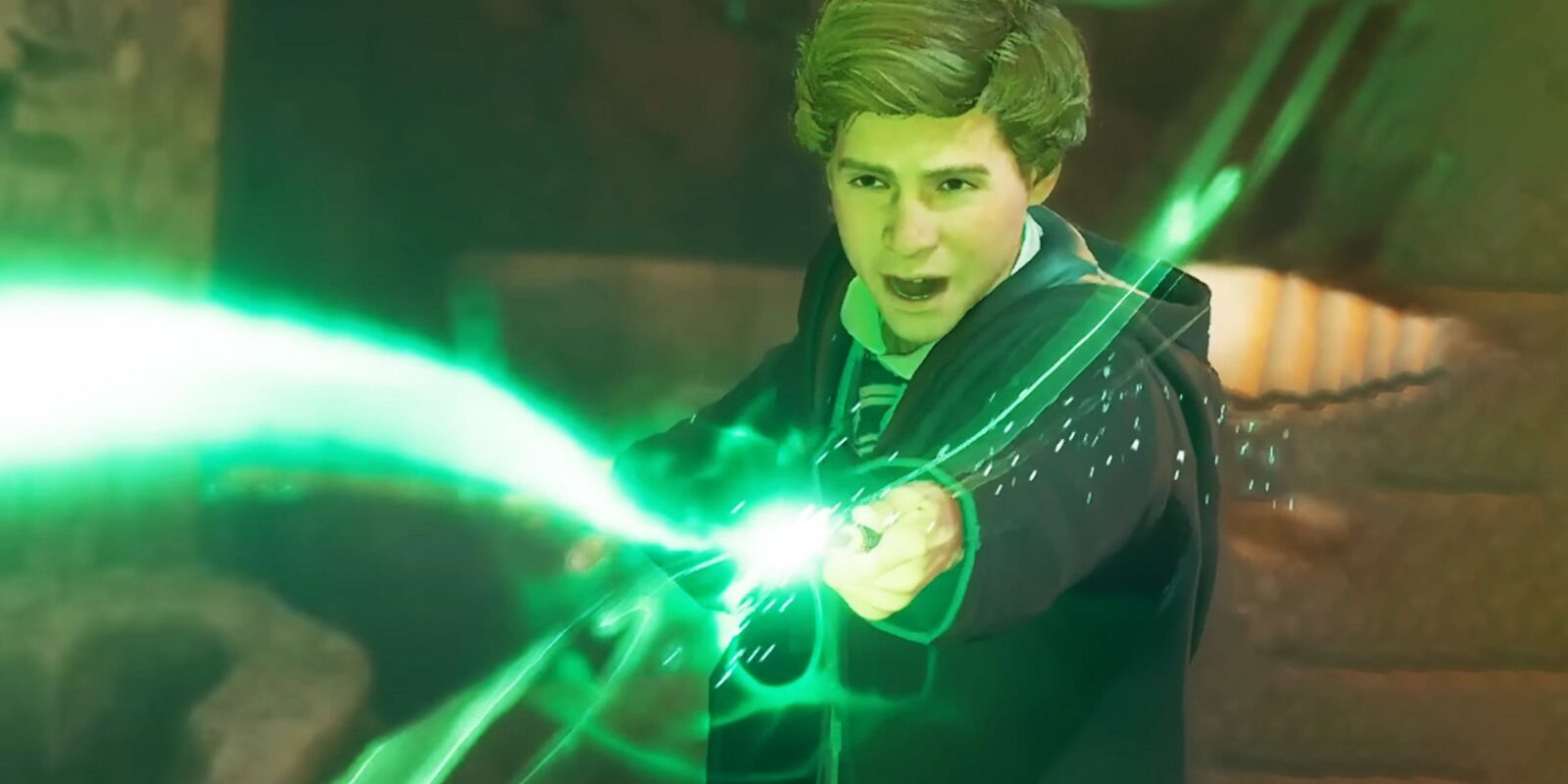
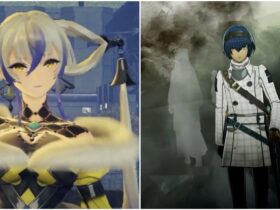
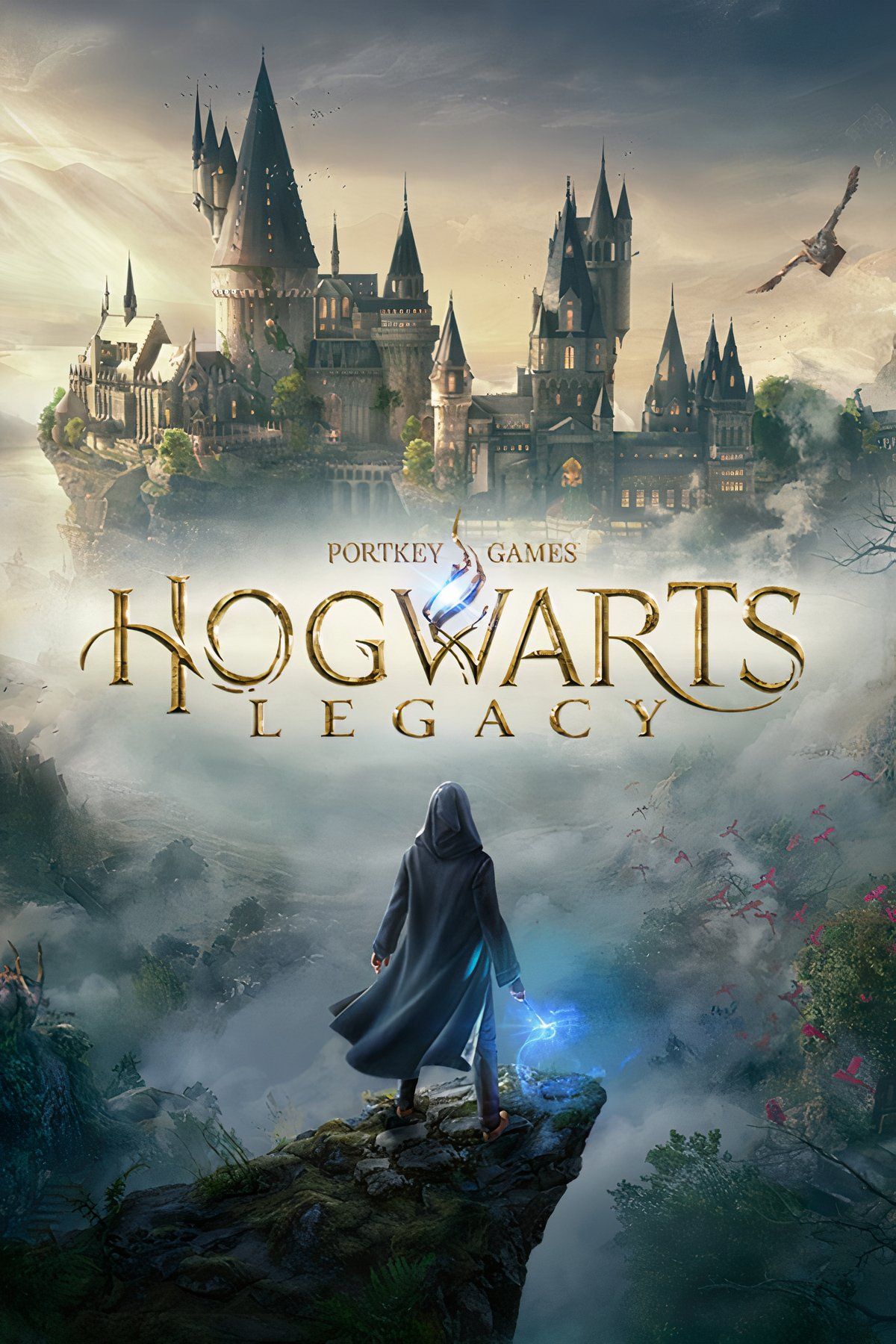
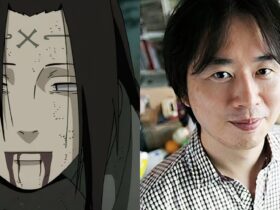


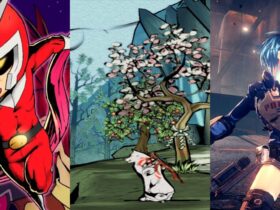

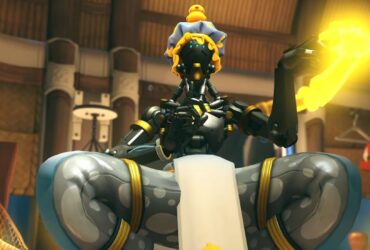
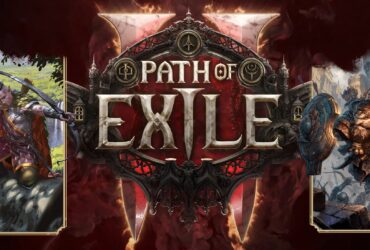



Leave a Reply